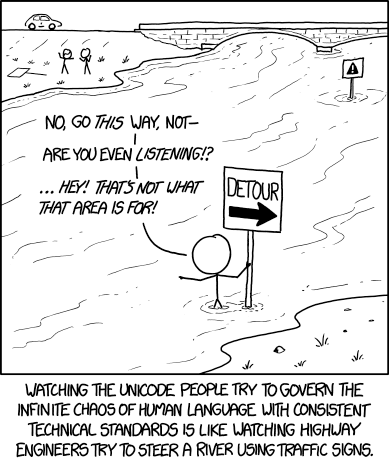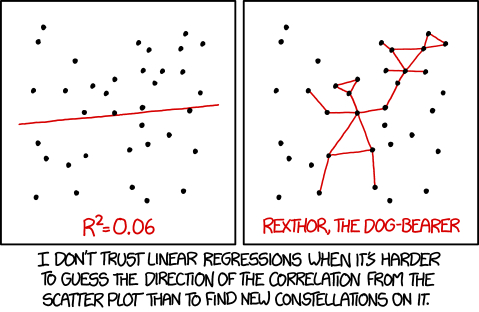Kindly do the needful
A phishing spam I received today from "Europe Trade" (it claims to be in Wisconsin but its address domain is in Belarus) said this:
Good Day sir/madam,
I am forwarding the attached document to you as instructed for confirmation,
Please kindly do the needful and revert
Best regards
Sarah Griffith
There were two attachments, allegedly called "BL-document.pdf" and "Invoice.pdf"; they were identical. Their icons said they were PDF files of size 21KB (everyone trusts PDF), but viewing them in Outlook caused Word Online to open them, whereupon they claimed to be password-protected PDF files of a different size, 635KB. However, the link I was supposed to click to open them actually led to a misleadingly named HTML file, which doubtless would have sucked me down to hell or sent all my savings to Belarus or whatever. I don't know what you would have done (some folks are more gullible than others), but I decided I would not kindly do the needful, or even revert. Sorry, Sarah.
Read the rest of this entry »
Permalink Comments off


